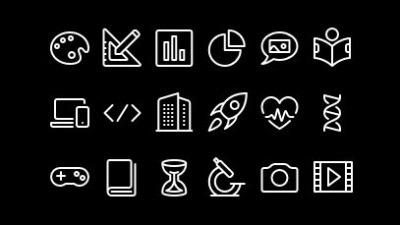
Sarah Sarchet
Principal Lecturer, Science and Mathematics
Department of Science and Mathematics
National Technical Institute for the Deaf
585-475-2439
Office Location
Sarah Sarchet
Principal Lecturer, Science and Mathematics
Department of Science and Mathematics
National Technical Institute for the Deaf
Education
BS, MS, Rochester Institute of Technology
585-475-2439
Currently Teaching
NSCI-161
Fundamentals of Biology I
3 Credits
This course provides students with fundamentals of cellular biology. Topics include chemical components of cells, cell structure and function, membrane transport, osmosis, cellular respiration, photosynthesis, plant histology and structures, plant organs and reproduction, and plant essential nutrients. Principles governing genetics, gene expression, and reproduction are introduced. Laboratory methods used to make observations and collect data are practiced. Recording observations and analysis of data are emphasized in formal written laboratory reports. Laboratory activities complement classroom activities.
NSCI-162
Fundamentals of Biology II
3 Credits
This course provides students with fundamentals of biological concepts and processes. Topics include animal form and function, nutritional and excretory requirements, and homeostatic mechanisms and their regulation in organisms. Principles governing the concept of biological evolution and genomic evolution are introduced. Laboratory methods used to make observations and collect data are practiced. Recording observations and analysis of data are emphasized in formal written laboratory reports. Laboratory activities complement classroom activities.




